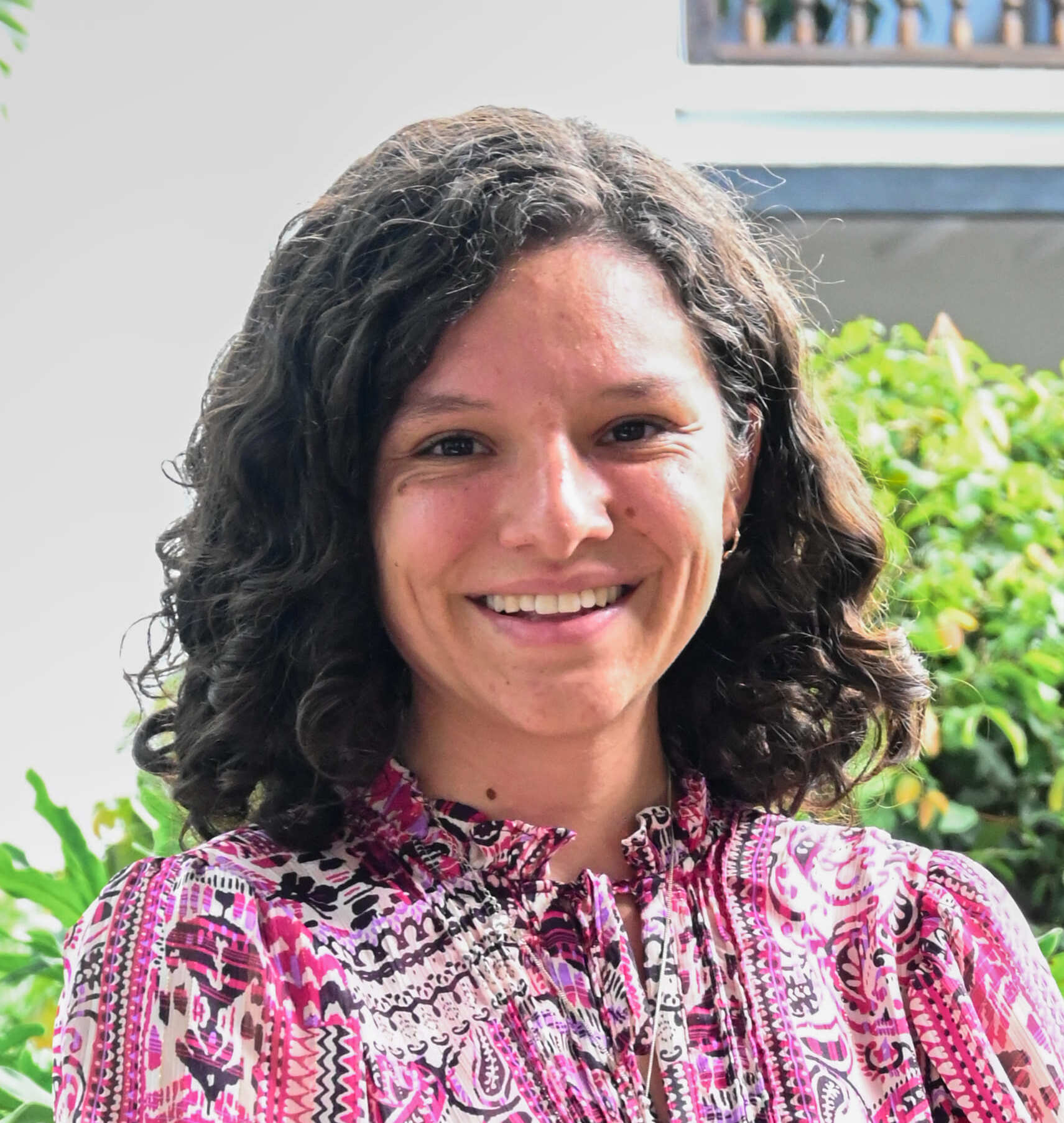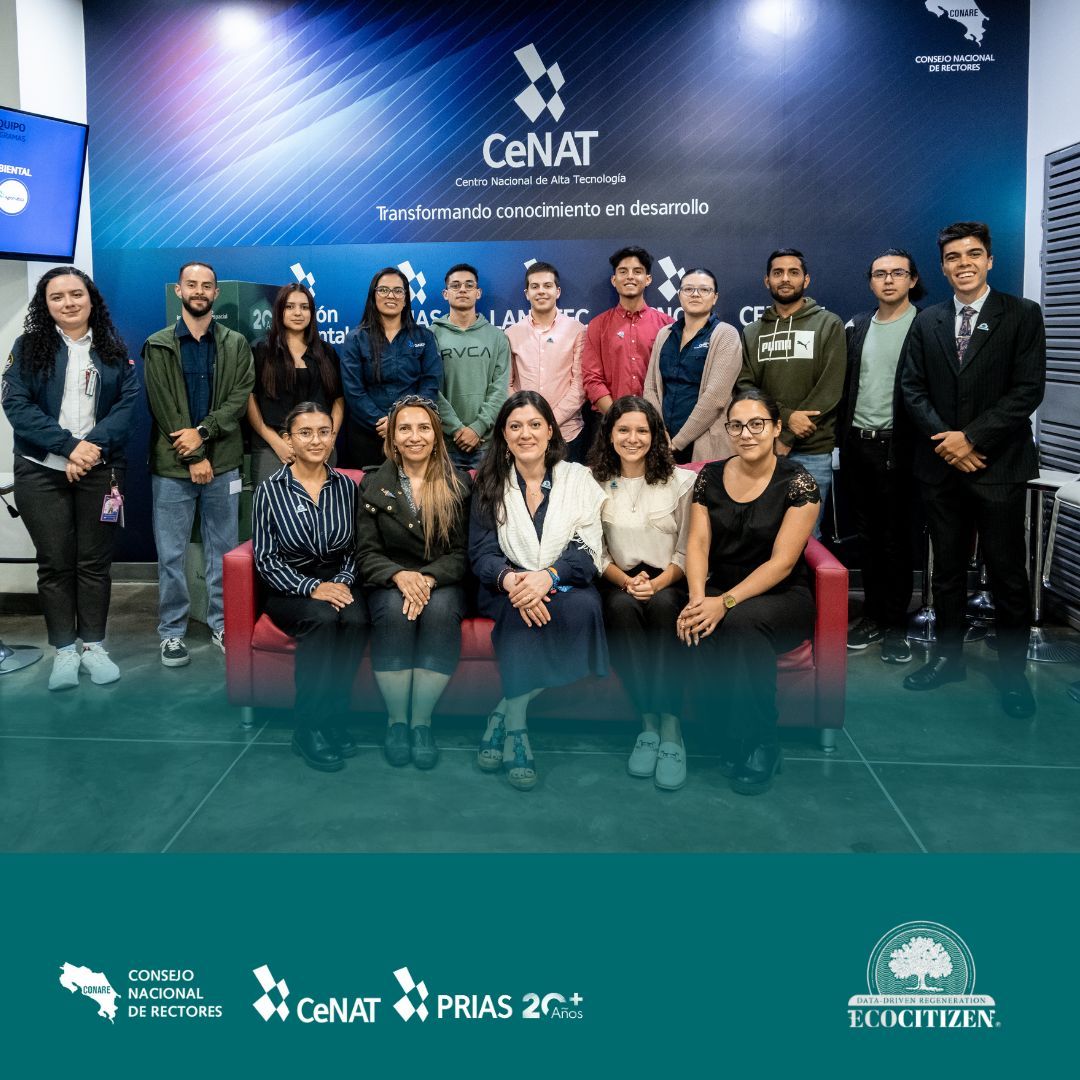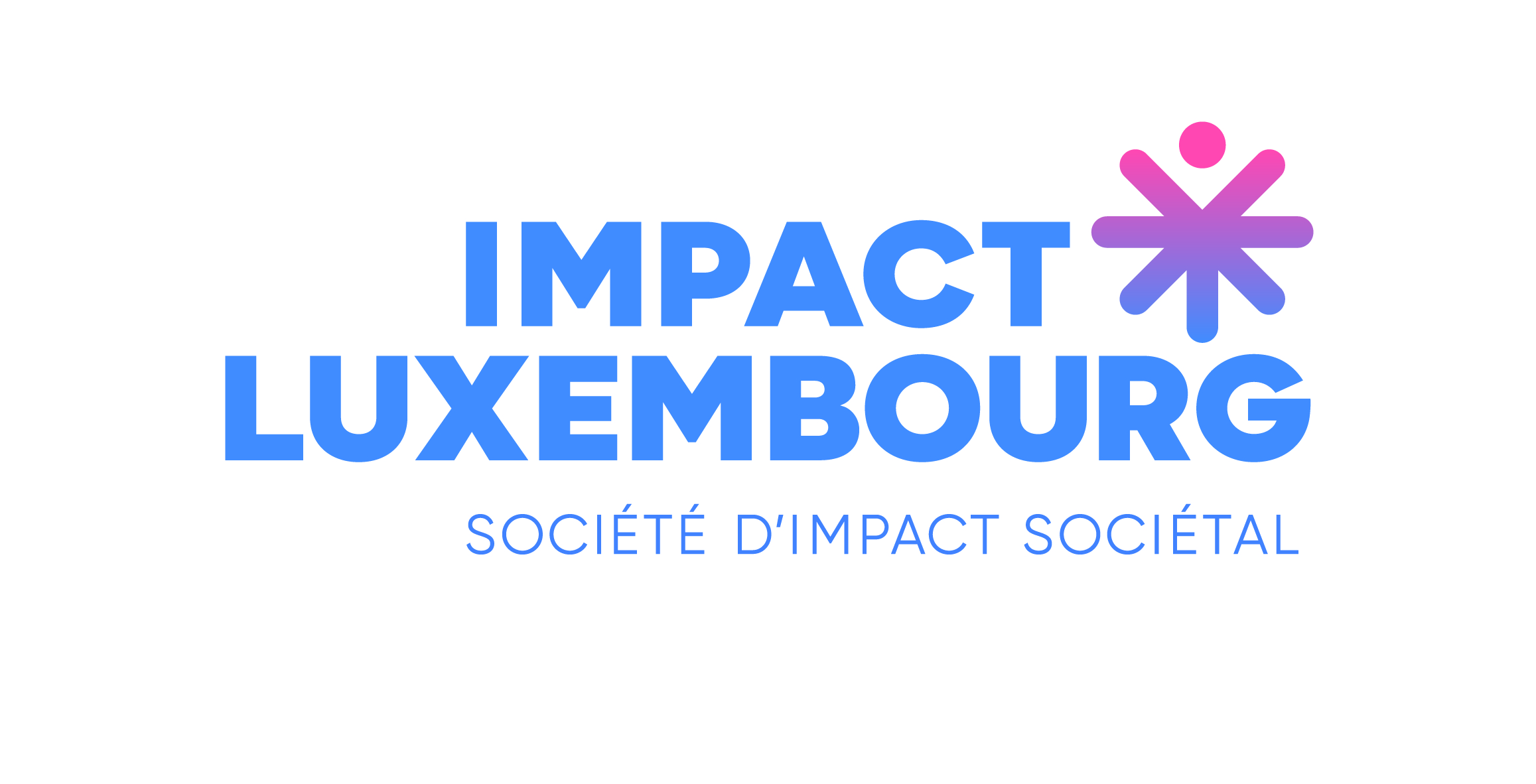
María Paula Salazar Sánchez
My name is María Paula Salazar Sánchez, I am from Turrialba, and I am studying Sustainable Development Engineering at the University of Costa Rica, headquarters of the Atlantic. Also, since March 2024 I have been working as a Trainee Engineer in the EcoCitizen team through its internship program, where I have contributed to research on climate change, transportation, forest management, as well as participation in the COP16 on Biodiversity in Cali, Colombia.
In this space I share my experience on how I managed to obtain a scholarship from CeNAT-CONARE, in order to inspire and motivate more students to move forward. The CeNAT-CONARE Scholarships are for advanced undergraduate or graduate students from public universities, to support the development of work or research in fields related to CeNAT’s areas of work.
When I began the process of formulating the topic for my Final Graduation Project in August 2024, I dreamed of developing innovative research that was also aligned with people’s well-being and development.
Given this academic expectation, I requested support from Engineer Adriana González, CEO of EcoCitizen and a graduate of the UCR, to receive her guidance on how to shape my idea and turn this dream into reality.
EcoCitizen has different strategic alliances that promote science, technology and innovation with a purpose. One of them is the cooperation agreement with the National Center for High Technology (CeNAT), in which I participated in several working meetings of this alliance. Thanks to this experience, I was able to meet different people and gain a broader perspective on different opportunities available to develop projects. So under the mentorship of both Engineer González, other members of the EcoCitizen team and MSc. Vanessa Morales Cerdas, researcher at CeNAT, I began by investigating a topic that will be aligned with one of the laboratories of this research center.

In addition, the institutional support of the UCR, the training received with EcoCitizen, the mentoring and guidance of both Adriana and other members of the team, and the scientific advice provided by Researcher Morales allowed me to shape my graduation project entitled: Risk analysis of the drinking water supply of the district of Turrialba in the face of hydrometeorological events through geospatial modeling and make the decision to apply for the CeNAT-CONARE 2025 scholarships.
Faced with this new proposal, I began to enthusiastically develop the project together with Vanessa and my advisory committee, made up of two UCR professors, and after a rigorous selection process, I managed to receive the pleasant news of having been selected to receive the scholarship.
I thank each person who has guided me in this process characterized by uncertainty and the fear of making wrong decisions. I understood that sometimes you have to take new paths to discover new opportunities and accept challenges to learn and have a bigger picture. Currently, I am grateful and happy that my academic training can have an impact on the well-being of the populations.

